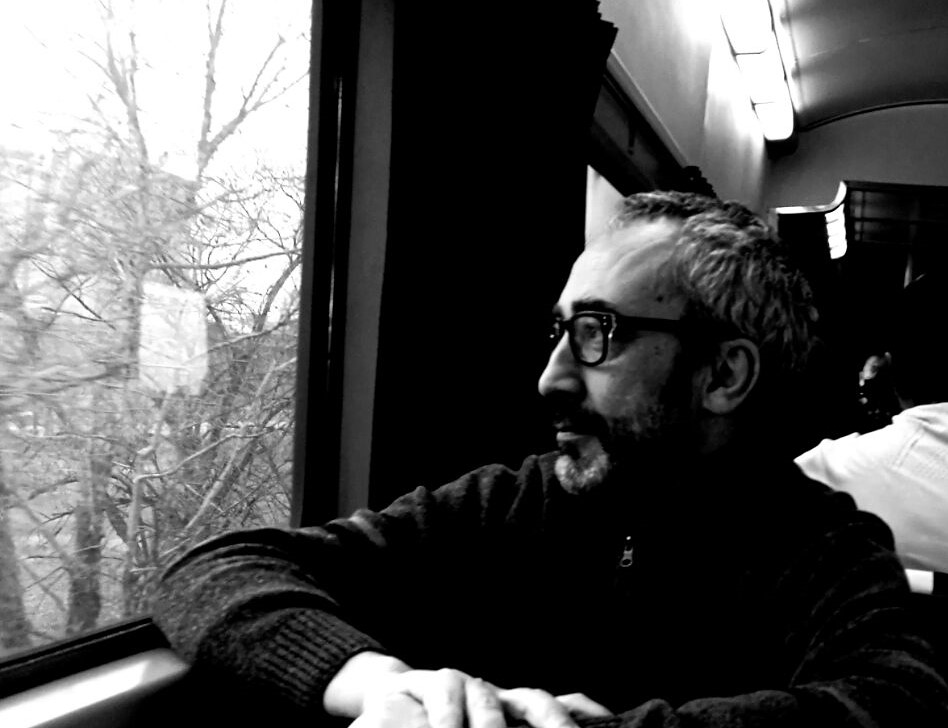Welcome to our new Marie Curie Postdoctoral Fellow
Welcome to our new Marie Curie Postdoctoral Fellow Nuno Grancho.

Nuno Grancho is an architect, an urban planner, a teacher, and a historian of objects, buildings, and landscapes. His work examines how architectures and cities of struggle have shaped the modernity of South Asia. His ongoing projects examine the intersection of architecture, planning, material culture and colonial practices and its relationship with the transatlantic world and (post)colonial South Asia, from the early 16th century up to the present days. Within this field, his research projects are focused on questions of human and material agency, the epistemology and geopolitics of architecture and urbanism as a technique of social intervention. Grancho has written widely about architecture, urbanism, art and architecture of empire, infrastructure, and the cultural landscape of European colonialism.
We have asked Nuno a few questions about his research project.
What is your Marie Skłodowska-Curie research project about?
My Marie Skłodowska-Curie research project aims to produce an understanding of how historical notions of privacy in Danish architecture and urbanism since the 17th century are a bilateral mechanism between West and East. I will mobilize knowledge of past notions of privacy as a resource that can help decode the intricacies of present concerns, thereby contributing long-term to resolving through architecture and urbanism future challenges related to the individual’s place in society. I will trace the transportations and transformations of historical notions of privacy in architecture and urbanism as it moved across the globe, building on mobility, transfer and translation. I will achieve this by recording and analysing patterns and relationships between architecture and urbanism from Danish cities and from Danish former colonial cities in India, which theoretically revolve around the materiality of architecture and urbanism in Privacy Studies and its role in shaping societal relations across Danish historical contexts. By re-examining the history of Danish architecture and urbanism from such a perspective, which meets the concerns of architectural and urban historians working with transnational concerns, I will challenge established methodologies and conventional narratives.
How does your Marie Skłodowska-Curie research project relate to Privacy?
My Marie Skłodowska-Curie research project will use the delineation of privacy as an analytical bridge between Denmark and India. I am interested in the politics and poetics of privacy related to developments in Danish metropolitan and colonial architectural and urban artefacts, after cross-cultural contact between East and West and colonisation of India. Since the dissemination of European modernity, architecture and urbanism in non-Western settings, is a research topic with full potential, the research project will allow me to define a theory about the Eastern imprint in Danish architecture and urbanism and make a critical rewriting of Danish architectural and urban historiography. The study of privacy beyond Europe and the Eastern imprint in Danish metropolitan architecture and urbanism offers an analytical lens through which to examine this persistence.
My Marie Skłodowska-Curie research project will span almost four centuries and will be conducted with a systematic site-based and interdisciplinary analysis of the architectural and urbanistic historical samples of Copenhagen and Altona, Early Modern Danish port cities, and Tranquebar and Serampore, former Danish colonial cities in India. Ultimately, my research will contribute to the writing of a global history of modern European culture.
We look much forward to collaborating with Nuno Grancho.
